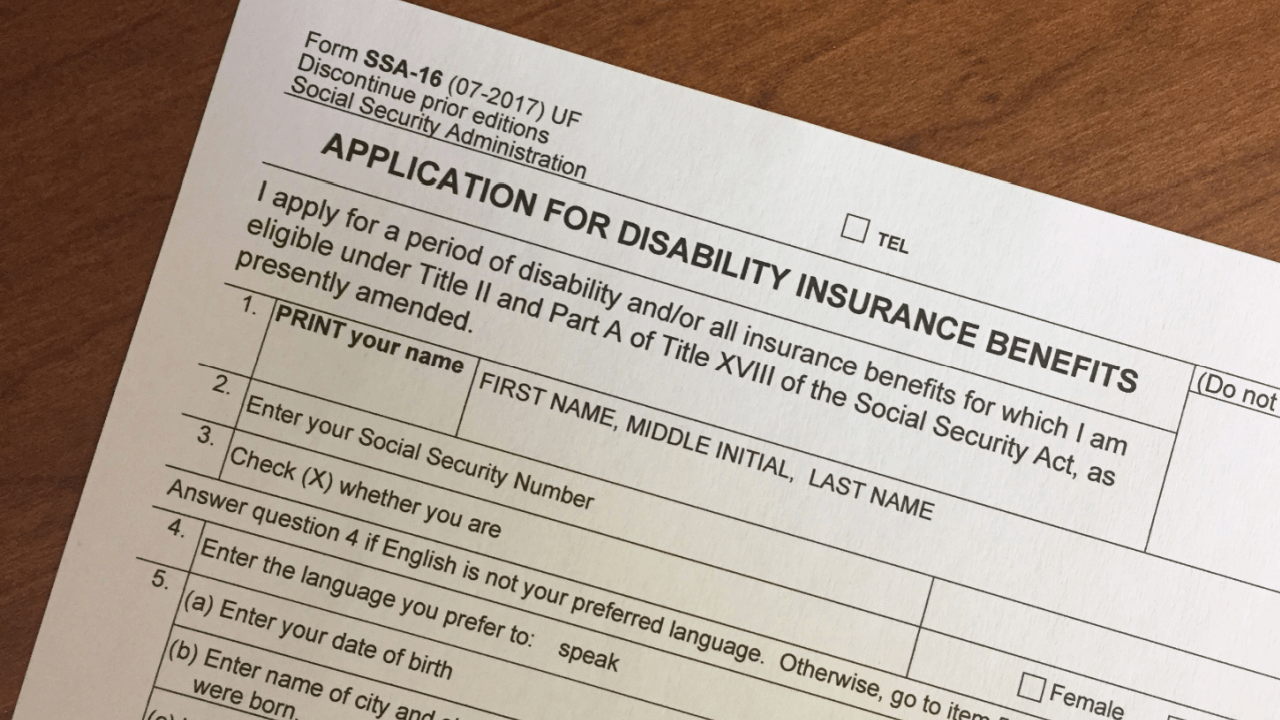
What Do Disability Judges Look For During an SSDI Hearing?
What Do Disability Judges Look For During an SSDI Hearing?
When your Social Security Disability Insurance (SSDI) claim reaches the hearing stage,knowing what do disability judges look for can help applicants better understand how hearings are evaluated. Administrative Law Judges (ALJs) don’t just rely on your paperwork—they assess your medical evidence, personal testimony, and how well your claim meets the Social Security Administration’s (SSA) standards.
At this stage, judges don’t simply review your paperwork—they assess your credibility, medical evidence, and how well your condition aligns with SSA rules. Knowing what judges focus on helps applicants prepare for the hearing process and understand common issues that may arise.
In this article, we’ll explore the key factors judges evaluate, how to prepare for your hearing, and the role legal support plays in preparing for the hearing process.
Key Factors Judges Consider When Deciding a Disability Case
Disability judges evaluate both the evidence and the presentation of your case. Here’s what they focus on:
Medical Evidence and Documentation
Judges want to see detailed medical records that clearly support your claim. They’ll look for consistent diagnoses, treatment history, and documentation relevant to how your condition affects work-related abilities.
Consistency Across All Information
Your testimony, application, and medical records must all align. If there are discrepancies between what you say and what’s in your file, judges may question your credibility.
Credibility and Honesty
Judges assess how believable your statements are. If you exaggerate symptoms or give vague answers, it may negatively affect how your testimony is evaluated. Clear, honest descriptions of your limitations carry more weight.
Impact on Work Ability
The judge will evaluate how your condition affects your ability to perform substantial gainful activity (SGA). They focus on whether you can work consistently, not just whether you are currently employed.
Vocational Expert Testimony
In many hearings, judges call on vocational experts to provide insight into whether someone with your condition can perform any work. Judges consider this testimony when evaluating disability under SSA rules.
How to Prepare for a Disability Hearing and Present Strong Evidence
Preparation is key to presenting a strong case at your disability hearing. Here’s how to ensure you’re ready:
Work With a Disability Lawyer
An experienced Social Security disability lawyer is familiar with common hearing procedures and evidentiary expectations. They’ll:
- Prepare your case and coach you for the hearing
- Ensure your medical records are complete and well-organized
- Object to weak vocational expert claims
Review Your Medical Records
Familiarize yourself with your records so your testimony matches what’s documented. Bring any updates to the judge’s attention.
Practice Answering Questions
Expect to be asked about your daily activities, work history, symptoms, and treatments. Practice giving clear, honest answers without exaggeration.
Stay Calm and Respectful
Judges notice how you behave in court. Being respectful and calm, even if you’re nervous, helps support your credibility.
Bring All Necessary Documents
Ensure you have everything your lawyer or the judge might need, including updated medical records, prescriptions, and treatment summaries.
What Do Disability Judges Look For? Final Thoughts on Winning Your Case
So, what do disability judges look for? In short, they look for credible, consistent, and well-documented cases that present consistent information regarding medical conditions and work-related limitations. Your ability to communicate honestly and provide strong evidence is key.
Understanding what judges value can help you avoid delays or denials and present your case in the best possible light. With preparation and support, applicants may be better prepared for the hearing process.
Get Legal Help With Disability Hearing Preparation
Facing a disability hearing alone can feel overwhelming, but you don’t have to do it by yourself. At Legal Brand Marketing, we connect you with experienced Social Security Disability lawyers who understand what judges look for and how to prepare documentation and testimony for a hearing.
Our network of attorneys helps you avoid common mistakes, gather strong evidence, and feel confident at your hearing. Contact us to get connected with a qualified disability lawyer who can help you understand the hearing process and discuss your situation.
Frequently Asked Questions (FAQs)
1. How do judges decide if I’m disabled?
Judges look at medical evidence, your ability to work, and whether your condition meets SSA criteria. They assess credibility and consistency.
2. Do judges believe all medical evidence?
Judges trust consistent, thorough medical records. They may question vague or unsupported claims, so complete documentation is key.
3. What if I’m nervous during the hearing?
It’s normal to be nervous. Judges understand this, but staying calm and honest helps support your credibility.
4. Will a lawyer speak for me at the hearing?
Yes, your lawyer will present your case, question witnesses, and guide you through the process, improving your chances.
5. Can judges deny my case even with strong evidence?
Yes, if they find inconsistencies or believe you can still work. A strong legal strategy helps prevent this.
Key Takeaways
- Judges focus on medical evidence, consistency, and credibility.
- Honest, clear testimony supports your case.
- Vocational experts influence decisions about work ability.
- Legal help improves preparation and presentation.
- Legal Brand Marketing connects you with lawyers who know what judges expect.


